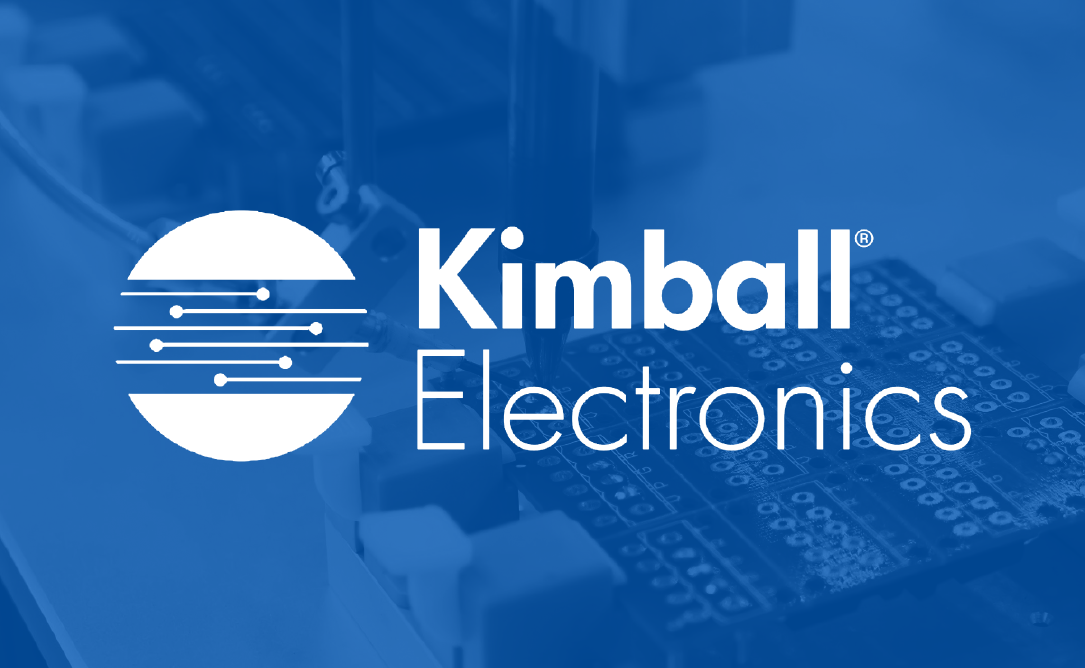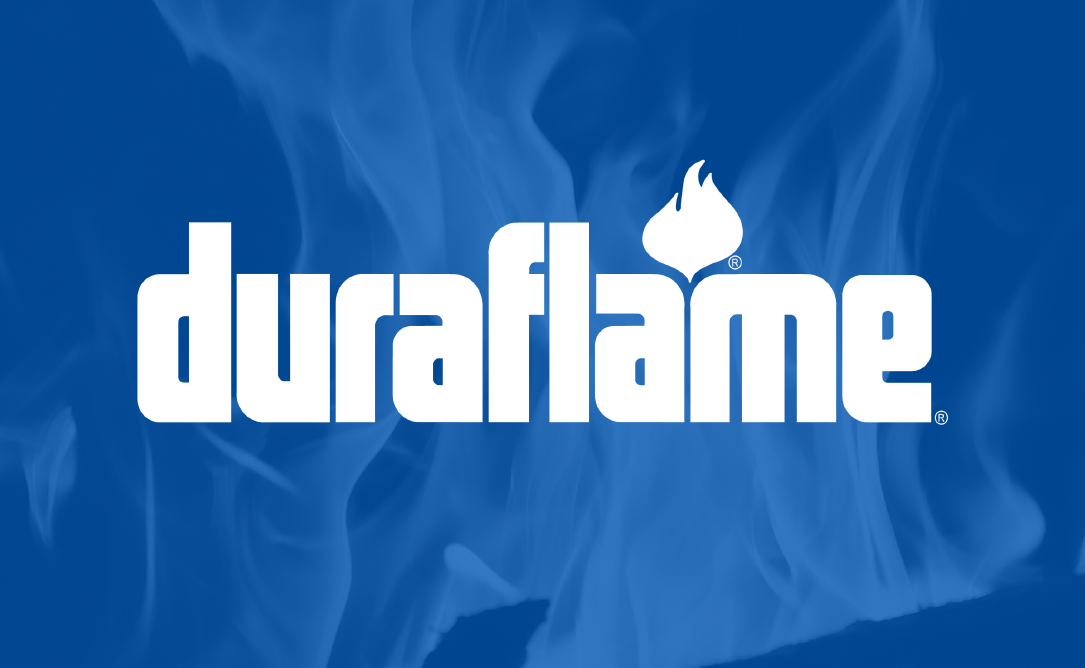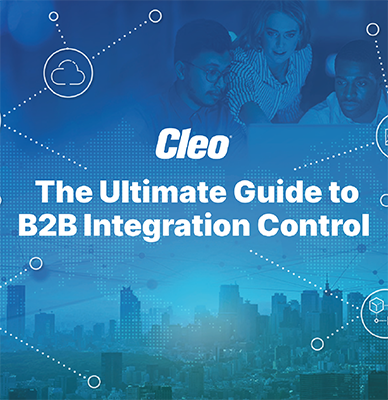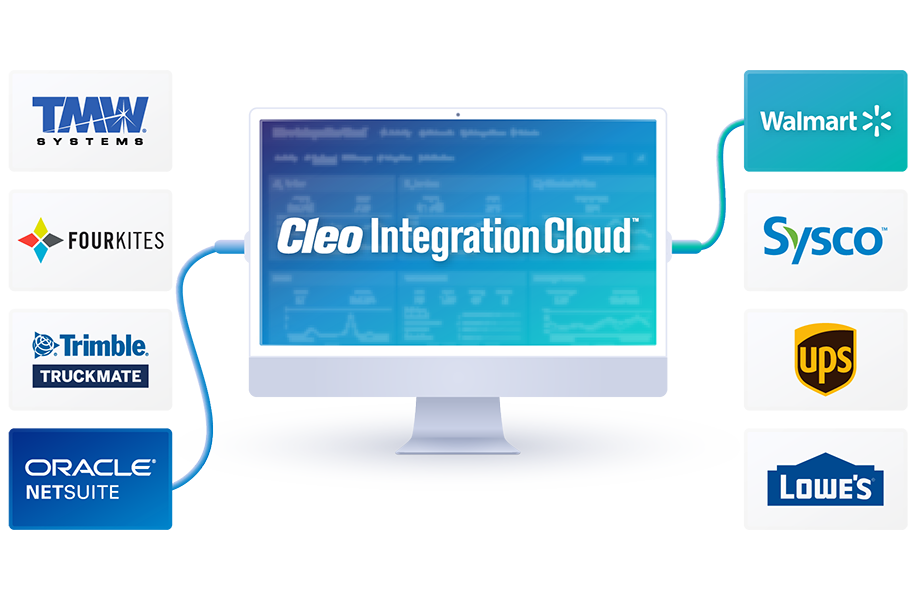Eliminating Unnecessary Business Costs Through Consolidation

No matter the industry, whether manufacturing, logistics, or wholesale, cost management is a paramount concern for organizations of all sizes. However, during the ever-evolving challenges and opportunities that define the modern business environment, identifying and eliminating unnecessary costs can be a difficult task.
Traditionally, popular routes include hiring freezes and employee layoffs, eliminating travel, and shaving department spending budgets. But what are some alternatives for companies that wish to avoid these actions, or for businesses that already have and need to make further cost reductions?
We explore three alternate consolidation options businesses can take to eliminate unnecessary costs below.
1) Consolidate Platforms
One method which companies can use to minimize expenses is to consolidate their technology stacks. This way, companies are not paying for the same features and capabilities multiple times over.
How Companies Accumulate Redundant Technology Solutions
Accumulating redundant technology solutions is much more common than you may think. Companies often find themselves in this predicament for a variety of reasons, including:
- Mergers & Acquisitions: When a merger or acquisition occurs, both parties’ technology stacks usually remain intact for an extended period while the businesses are combining.
- Band-Aid Solutions: When a company needs a solution in a pinch, they hastily implement a solution without a strategy in place.
- Specific Requirements: When a specific use case arises (e.g. trading partner or back-office integration requirement) companies buy a tool to fit that one, exact need.
- Lack of Internal Communication: When different departments both require the same tool, but they do not communicate with other teams to see if the business already has a solution.
How To Consolidate Technology Solutions
Consolidating technology solutions does not have to be a complex process. In fact, it only requires two overarching steps.
Take Inventory and Assess Current Solutions
For a company to consolidate its technology stack, it must first take inventory of its current solutions. In doing so, companies can then analyze each tool to determine if there are any redundancies in capabilities across the various solutions. Afterward, companies can decide which tools overlap and which are no longer needed, allowing them to minimize the number of solutions they use and pay for.

Kimball Electronics consolidated legacy FTP platforms and data movement processes by migrating to Cleo Integration Cloud.
Kimball was looking for a replacement to an old FTP solution, as well as a tool that could provide FTP, SFTP, AS2, and other protocols.
Implement an All-In-One Solution: Ecosystem Integration
While removing overlapping tools from a company’s tech stack is a great first step toward saving money, companies can take it one step further by implementing an ecosystem integration solution.
Ecosystem integration solutions are packed with features that combine the capabilities of multiple tools into one. By harnessing the power of a singular ecosystem integration solution, companies can:
- Perform data translation and data movement
- Support various protocols such as AS2, SFTP, and more
- Utilize EDI, API, and data formats your business needs to support
- Automate order processing (p2p, o2c, l2i, etc.)
- Access real-time data from all integrated systems
- Create b2b and back-office integrations
- Utilize a secure, cloud-based environment
- Reduce training and keymen dependencies
So instead of having a separate tool for each of these functionalities, companies can use one, holistic tool to achieve the same outcome. Ecosystem integration greatly increases the simplicity of a company’s digital ecosystem, making it easier for a business’s team members to operate, while simultaneously increasing efficiency and reducing costs.
2) Consolidate Third-Party Service Providers
Companies may be using multiple third-party service providers that each perform a different function or responsibility. Paying multiple third-party service providers can be a major expense. Businesses should consider finding a third-party service provider that can handle various responsibilities. Therefore, businesses can achieve a discount by bundling multiple service offerings together and only having to pay one service provider, instead of paying a premium to separate providers.
Additionally, companies may become accustomed to paying premium EDI transaction and managed services fees. Sometimes companies get comfortable with their current provider(s) and not think to scope out the market for other going rates. Prices for these services can vary vastly depending on the provider, so it is a good idea to check out market rates every once in a while. Also, managed service providers sometimes offer the occasional markdown on service packages which can further lower costs.
What’s more, a business may initially think they will utilize a certain level of EDI transactions or may benefit from additional managed services. However, after some time, the business ends up not utilizing all the transactions or the full breadth of services leading to unnecessary costs.
Be sure to routinely check which third-party services your company is paying for and if they are being fully leveraged. You might be able to downsize your plan for a cheaper option.

Learn how Duraflame consolidated three disparate integration solutions by switching to Cleo Integration Cloud which handles 98% of its B2B transactions
Learn more about how Duraflame consolidated three different integration tools into one solution.
3) Consolidate Short-Term Fixes into Long-Term Solutions
Lastly, companies must ask themselves the question, “Do we want temporary fixes or a permanent solution?” Oftentimes, companies in cost-cutting mode gravitate towards specific solutions or service providers due to lower sticker prices. However, the cheaper options may only be a short-term fix that temporarily lowers the expense.
Cheaper, Short-Term Fix
For example, let’s say a company chooses a less expensive integration solution. A few months after implementing the cheaper integration solution, the company experiences routine platform errors, system downtime, limited functionality, and slower processing. This leads to lower productivity, greater strain on employee bandwidth, and missed SLAs which lead to vendor fines and less repeat business. The company then must go through the process of researching, selecting, and implementing a new integration solution all over again.
More Expensive, Long-Term Solution
On the other hand, let's say the same company went with an integration solution that is slightly higher in price but has better reviews and offers more in-depth features. After a few months, the company achieves greater system uptime, fewer errors, predictive analytics, real-time data, and faster processing. These added benefits help the company operate more efficiently and allow it to better deliver on its business commitments, thus creating happier customers. More satisfied customers lead to more repeat business and a better reputation, which grows the company’s business and creates more revenue.
So while the “sticker price” of the cheaper integration solution may offer an immediate cost-cutting advantage, it does not pay off in the long run. Notably, companies may be using multiple cheaper solutions in hopes of cutting costs, when in reality, these subpar solutions end up costing much more than a solution that yields better results but has a slightly higher upfront cost.
--
It's not unusual for businesses to regularly evaluate potential areas to save money, and consolidation plays a huge factor in reducing expenses. When analyzing areas to cut costs, companies tend to find greater success when they focus on the big picture instead of short-term gains. Even if the immediate result of a near-term fix might make management feel good, results are more impactful when considering long-term savings, creating value, and increasing revenue.
In listening to our customers, they have recently been emphasizing the importance that supply chain continuity has on their businesses. One of the most effective ways to avoid supply chain disruptions and save money is platform consolidation via ecosystem integration software.
According to our 2024 Ecosystem Integration Global Market Report (Page 7), 98% of respondents believe ecosystem integration will help their company uphold business commitments. So, if your business is looking for a cost-cutting strategy that also helps your business achieve a reliable, agile, and seamlessly integrated supply chain, ecosystem integration is definitely worth considering.
If you have any questions about ecosystem integration, how Cleo can help your business, or are interested in Cleo’s integration products or services, contact us today at sales@cleo.com or +1.815.282.7695. And be sure to explore some of our educational content through our resource library.

About Cleo

Instantly access demo videos

Comprehensive Guide to Gaining B2B Control

Duraflame Case Study
